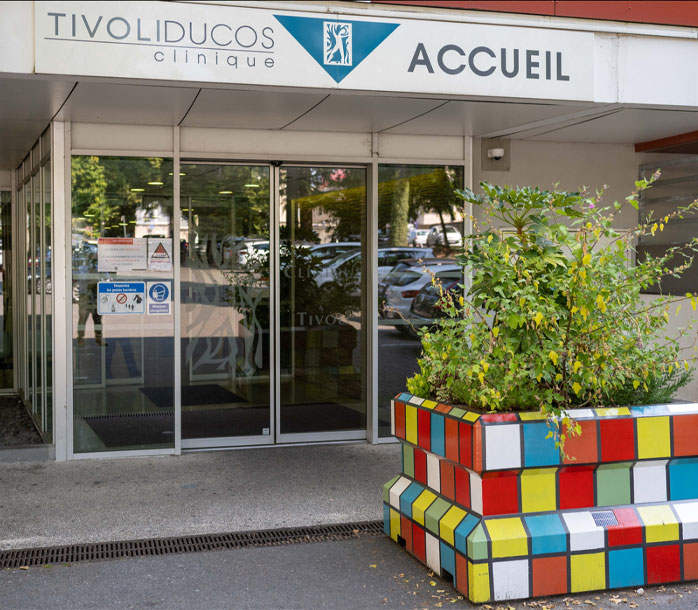Inflammatory bowel diseases (or IBD) are mainly represented by Crohn's disease and ulcerative colitis (UC).
These are chronic diseases characterized by chronic inflammation of the intestinal wall which can lead to :
- ulcerations,
- abscesses,
- even perforations or fistulas.
Ulcerative colitis only affects the rectum and the colon, while Crohn's disease can affect any part of the digestive tract (from the mouth to the anus) but more frequently concerns :
- the end of the small intestine (terminal ileum),
- the colon,
- and the region of the anus and perineum (ano-perineal lesions)
The clinical manifestations are diverse and not specific to these pathologies (abdominal pain, blood or mucus in the stool, weight loss, fatigue, etc.) and the diagnosis is usually confirmed by a gastroenterologist during a colonoscopy.

The management of IBD
The medical treatment of these diseases has greatly accelerated in recent years - particularly with the appearance of biotherapies.
The interventions most often performed are :
- Ileo-caecal resection: this involves the removal of the junction between the end of the small intestine (terminal ileum) and the beginning of the colon (the cecum),
- Small intestine resection: removal of part of the small intestine,
- Total colo-proctectomy: removal of the entire colon and rectum with ileoanal anastomosis
Sometimes it may be necessary to place a stoma (pouch or artificial anus) temporarily, or sometimes permanently during these surgeries.
The Institute's expertise in the management of these pathologies makes it possible to envisage surgery that is best suited to each individual and which alters the quality of life as little as possible, in particular to reduce postoperative pain with mini techniques. - invasive (laparoscopy or robotic approach), and by reducing the need to place a stoma.

